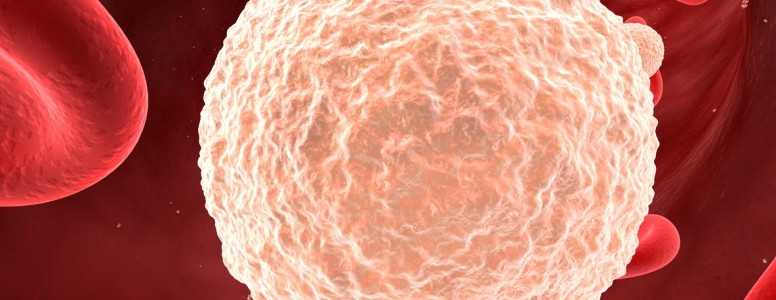A long-term follow up of a landmark study into type 1 diabetes control has compared rates of severe hypoglycemia within groups that were formerly intensively and non-intensively controlled.
The study uses data from the DCCT and EDIC trials. DCCT stands for Diabetes Control and Complications Trial and EDIC stands for Epidemiology of Diabetes Interventions and Complications.
The DCCT trial ran between 1983 and 1993. Participants were assigned to one of two groups. The intensive treatment group aimed to achieve an HbA1c as close to 42 mmol/mol (6%) as possible.
Through the DCCT trial, the average HbA1c of the intensive treatment group was around 53 mmol/mol (7%). The non-intensive group were not given any specific blood sugar targets and the average HbA1c levels of this group was much higher at around 75 mmol/mol (9%).
After 1993, all participants were then free to manage their diabetes with their own targets. The DCCT trial participants were also invited to keep being monitored each year as part of the EDIC trial.
In the current analysis, the researchers reviewed how the rates of severe hypoglycemia have changed between when the DCCT trial was running and more than 20 years after the initial trial finished. Severe hypoglycemia is when you have very low blood sugar levels that requires assistance from someone else to treat the hypo.
The results showed that during the DCCT trial, when the two groups had different targets, people in the intensively controlled group reported three times as many episodes of hypoglycemia compared with the non-intensive group.
However, many years after the initial trial finished, the group that had been the non-intensive group are now experiencing more severe hypos than those that had been intensively managed. The latest results show that the formerly intensively controlled group experienced 0.37 episodes of severe hypoglycemia per year compared with 0.41 in the formerly non-intensive group.
Whilst the rates of severe hypos have become roughly similar, the results suggest that the people who were intensively treating their diabetes have learned to prevent severe hypos slightly better than the non-intensive group.
Readers should also note that when the DCCT trial was ru, diabetes was managed very differently than today. People were using syringes, much slower acting insulin and had much less sophisticated methods of testing blood sugar levels.
The study is published online ahead of print for the Diabetes Care journal.
What's new on the forum? ⭐️
Get our free newsletters
Stay up to date with the latest news, research and breakthroughs.








